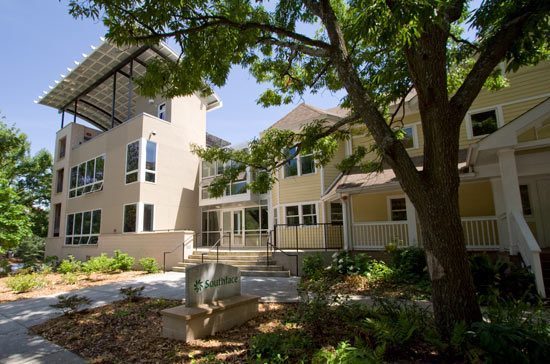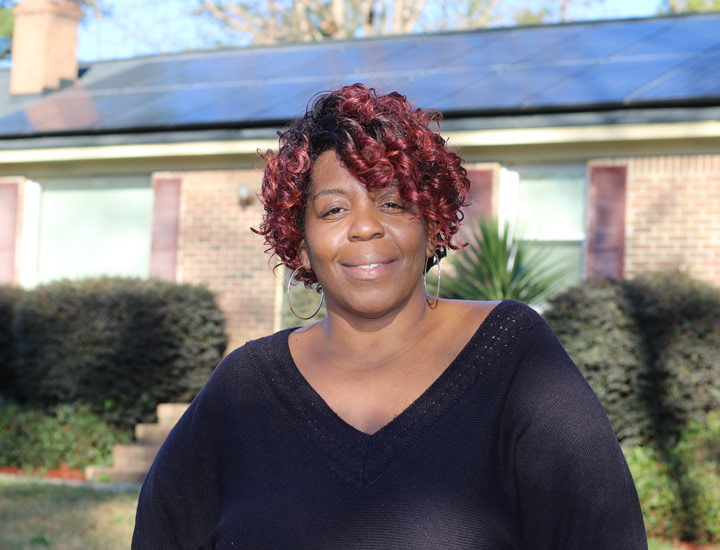Overview
The Kendeda Fund sees ecological design as the practice that merges building and community design with its surrounding natural environment. We believe that true ecological design must ultimately be restorative, but we also understand that change is often incremental. Therefore our approach is to support ideas and projects that stretch the boundaries of ecological design, especially with respect to accelerating the scale of adoption in the Southeastern United States.
Cities and counties, in partnership with civic and nonprofit institutions, are often innovators in transforming the market for ecological design. Forward-thinking communities across our region have taken steps to promote ecological design and address a variety of issues from mitigating climate change to ensuring adequate water resources.
We know that taking true ecological design to scale region-wide will be difficult. We recognize that many low income and minority communities are disproportionately harmed by environmental degradation, pollution, an absence of transportation alternatives, and much more. We also believe that affordable housing must be equitable to be sustainable, and that it must be healthy and green to be equitable.
That is why our Southeast Sustainability, our People, Place, and Planet and our Atlanta Equity programs are aligned to address deep-rooted market barriers through a combination of education, demonstration and policy advocacy. To help ensure lasting change, we are also committed to leadership development and capacity building within communities and nonprofit organizations.
Goals
- Advance ecological design in the Southeast through education, demonstration and advocacy.
- Support community-based strategies across the Southeast to adopt ecological design best practices and policies.
- Push the boundaries of ecological design, especially with respect to accelerating the scale of adoption in the Southeastern United States.



